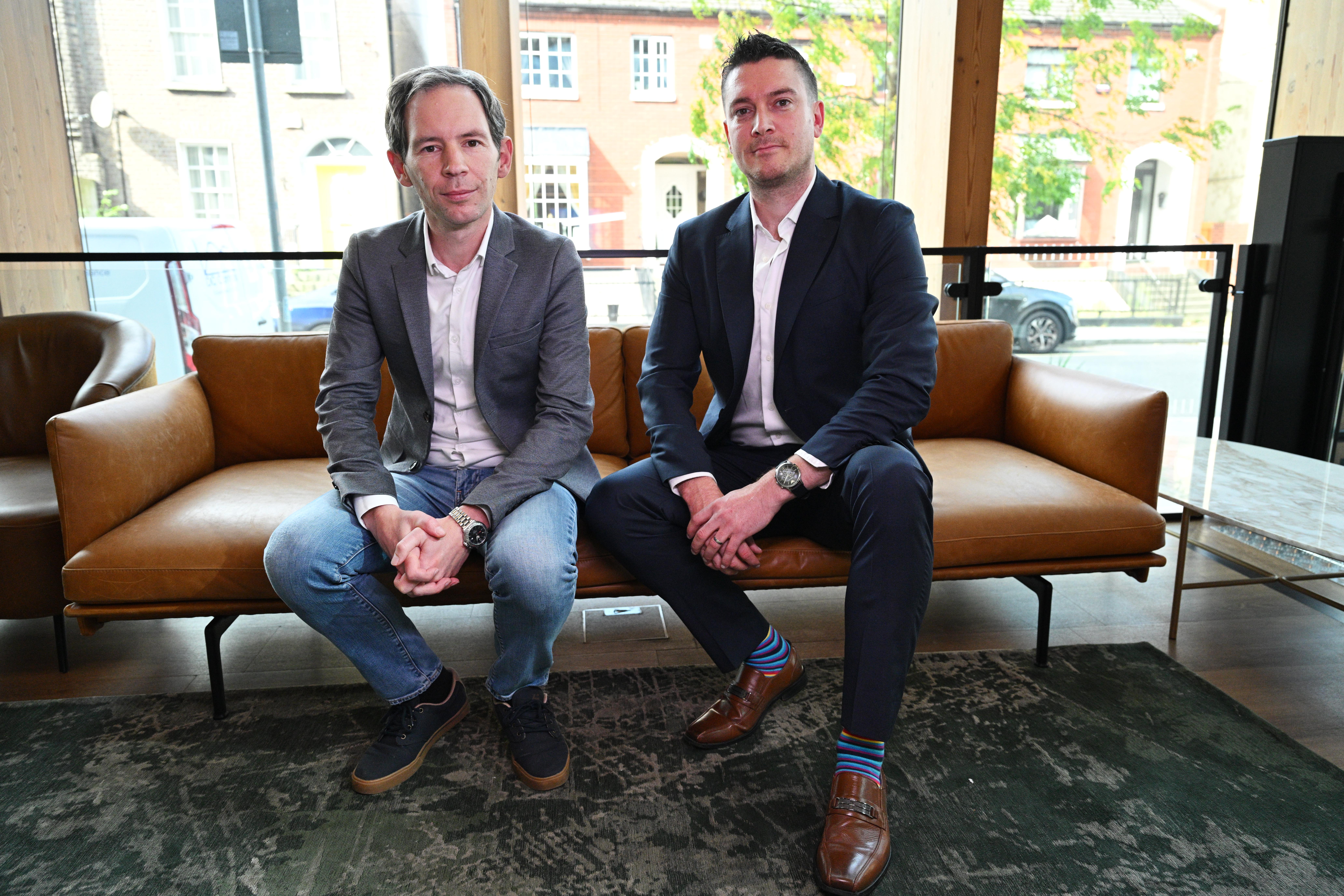After years of running GamerFest in the RDS, it became clear to chief executive Stuart Dempsey that there was a gap in the market for a games industry conference in Ireland.
GamerFest is very much a consumer-focused affair. The show, held twice a year, welcomes 6,000 attendees to its events and is an opportunity for games companies to flaunt their wares.
But for the games industry in Ireland – developers, designers, and investors – there wasn’t quite the same event.
“As GamerFest has grown and we’ve engaged more and more with Irish companies in the gaming space, it became apparent that there was a gap for a games industry conference where Irish games companies and professionals could gather, network and explore the incredible opportunities that the games industry offers Ireland,” Dempsey told The Currency.
This has given birth to Nexus, a sister event taking place in later this month, that will seek to do just that.
It’s very much a stripped-down affair compared to its older sibling. Around 175 people are expected to attend the event at 1 Windmill Lane to talk shop and compare notes.
“We’re going to be examining the recently announced digital games tax credit and how that is impacting the games industry here and what the potential benefits of that credit are coming down the road,” Dempsey said.
The Digital Games Tax Credit came into force this year. Unveiled with much fanfare by then finance minister Paschal Donohoe and culture minister Catherine Martin, the tax credit has promised to alleviate some of the overheads involved in developing a game in Ireland and to spur greater investment here.
The tax relief allows games developers to avail of a refund on corporation tax at 32 per cent for costs on the development of a game with a cap of €25 million per game.
“The feedback in general has been reasonably positive. Companies are still exploring the application process and what’s required to actually avail of the credit,” Dempsey said. “It’s still early stages and this is one of the reasons that we’re looking to explore the credit further at Nexus, just to see exactly what the feedback is and potentially identify areas for improvement within the credit.”
Like any tax credit or business support, the terms may look good on paper but the application process and red tape often associated with government supports could yet hamper its uptake.
Nexus, Dempsey said, will be an opportunity for stakeholders to hash out this challenge.
Patrick O’Donnell, a senior equity analyst at Goodbody, said that there’s a “mixed view” on the credit as while it is a welcome change, the finer print has room for improvement if Ireland is to become a major player in the industry globally.
As it currently stands, the tax credit is only applicable to a game’s development up until launch. But increasingly games require regular updates post-release, which incurs further costs. Development doesn’t necessarily end.
“In the last decade, many major publishers globally are focusing on what we call live service models, which basically is they support the title for an indefinite period of time rather than just launch and get on to the next game a year later. That [older] strategy is few and far between in the market now,” O’Donnell said.
“Basically [the tax credit] doesn’t account for that shift in the way that publishers are bringing games to market now.”
International push

Ireland has a mix of indigenous and international games firms. Some of the Irish companies include Romero Games, the firm led by games legends John and Brenda Romero, and War Ducks, the VR games start-up led by Nikki Lannen.
Meanwhile, Dublin-headquartered Keyword Studios is a giant in the games services space, servicing some of the industry’s multibillion-dollar players.
On the international front, the likes of 2K Games and Riot Games have bases here and larger companies have looked to Ireland for M&A with Scopely acquiring Dublin’s Digit Games and in 2021, StoryToys was acquired by British outfit Team17 for €22 million.
According to O’Donnell, Ireland’s games industry will need a greater influx of international firms to charge up the country as an attractive place for gaming.
“I think an international push [is needed] to really make Ireland quite an attractive venue for international publishers who are looking to scale,” he said.
“There is a cap [on the credit] of €25 million on the quantum that you spend, which to be honest in this day and age is very small so that wouldn’t attract a AAA type of a game, which could be a couple of hundred million dollars.”
Raising the cap would go some way to attracting more games firms to these shores.
O’Donnell pointed to Montreal as a location that has successfully leveraged tax credits to lure a bevy of companies to the city.
Québec provides a video game tax credit of up to 37.5 per cent alongside other programmes like grants and interest-free loans.
In the late ‘90s, Ubisoft, the French mainstay behind Assassin’s Creed, established a base in Montreal, opening the gates for more to follow. According to figures from Montreal International, the city’s economic development agency, more than 200 studios have been set up in the Canadian city with 19,000 employees.
Medtech model
Dempsey said that in the Irish context, the country could seek to mimic its medtech sector.
Particularly prevalent in the west of the country, Ireland hosts bases of medical device multinationals like Medtronic and Boston Scientific.
“The [games] industry continues to be in its infancy and we really need to see a coordinated approach by all stakeholders, including Enterprise Ireland and the IDA and the government much like we’ve seen in other sectors like medtech and pharma in the past, whereby we can really pursue the opportunities for economic growth and job creation here,” he said.
This approach is two-pronged, he explained. One element is attracting large companies that will employ significant numbers of people while such investments will see some people from those multinationals eventually start their own companies. Those start-ups will ultimately need support like the tax credit to get up and running.
Another key element to address is education, Dempsey added.
“We’re seeing more and more game development and design courses offered by Irish colleges, which is incredibly positive,” he said.
But he’s keen to put across the message that the games industry isn’t just for developers and designers.
“There’s a full range of commercial functions associated with the games industry, just like any other industry, so whether that’s HR or marketing, legal etc. That’s something that we’ve really been hammering home to our consumer audience at GamerFest,” he said.
Education and training will be on the agenda alongside challenges and opportunities around funding and hiring at Nexus.
“[The tax credit] is a real move in the right direction. There’s more work to be done and of course, outside of that there’s traditional R&D credits that a lot of game development companies can also avail of. What has been very encouraging is the focus that we are now seeing from government towards the games industry,” Dempsey said.
“In the games industry in Ireland, we’re only scratching the surface.”
*****

The NEXUS by GamerFest Conference, which is taking place on Wednesday, 18th October. NEXUS is a gathering of 175 industry leaders and professionals from the gaming ecosystem, facilitating invaluable knowledge-sharing and networking amongst developers, publishers, investors and service providers. The Currency is the media partner for the conference.


